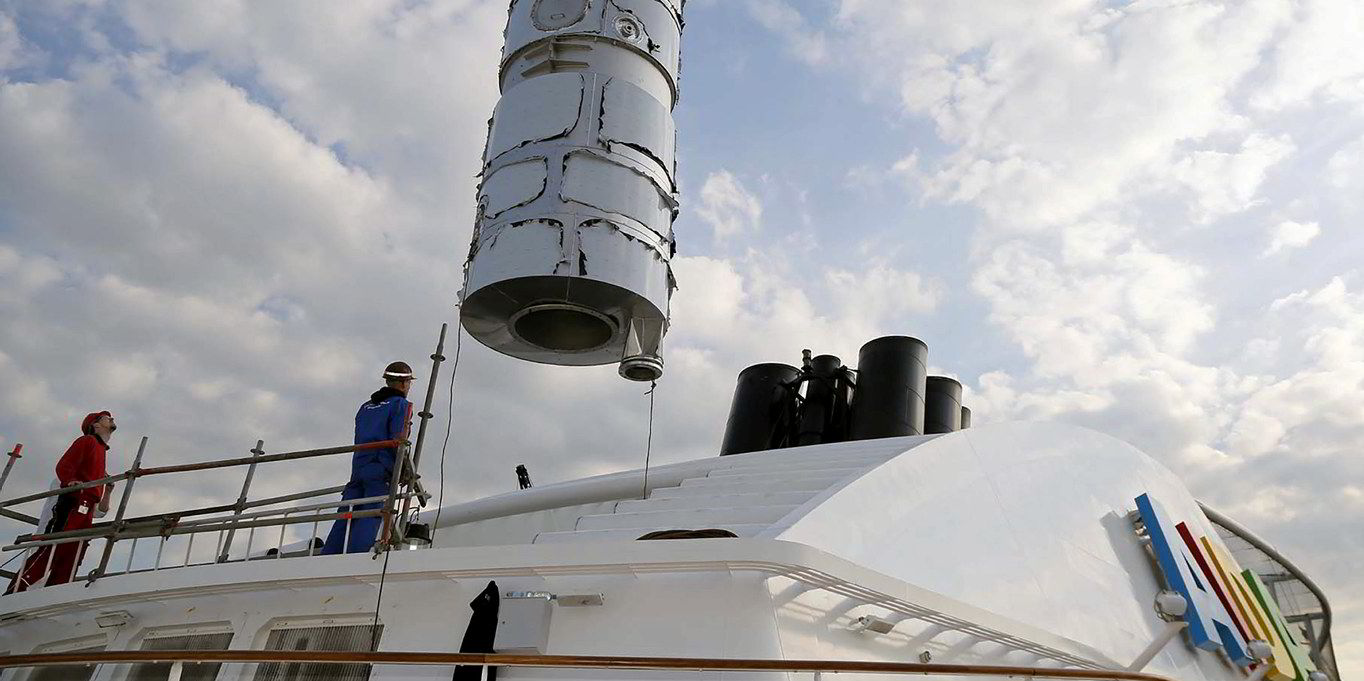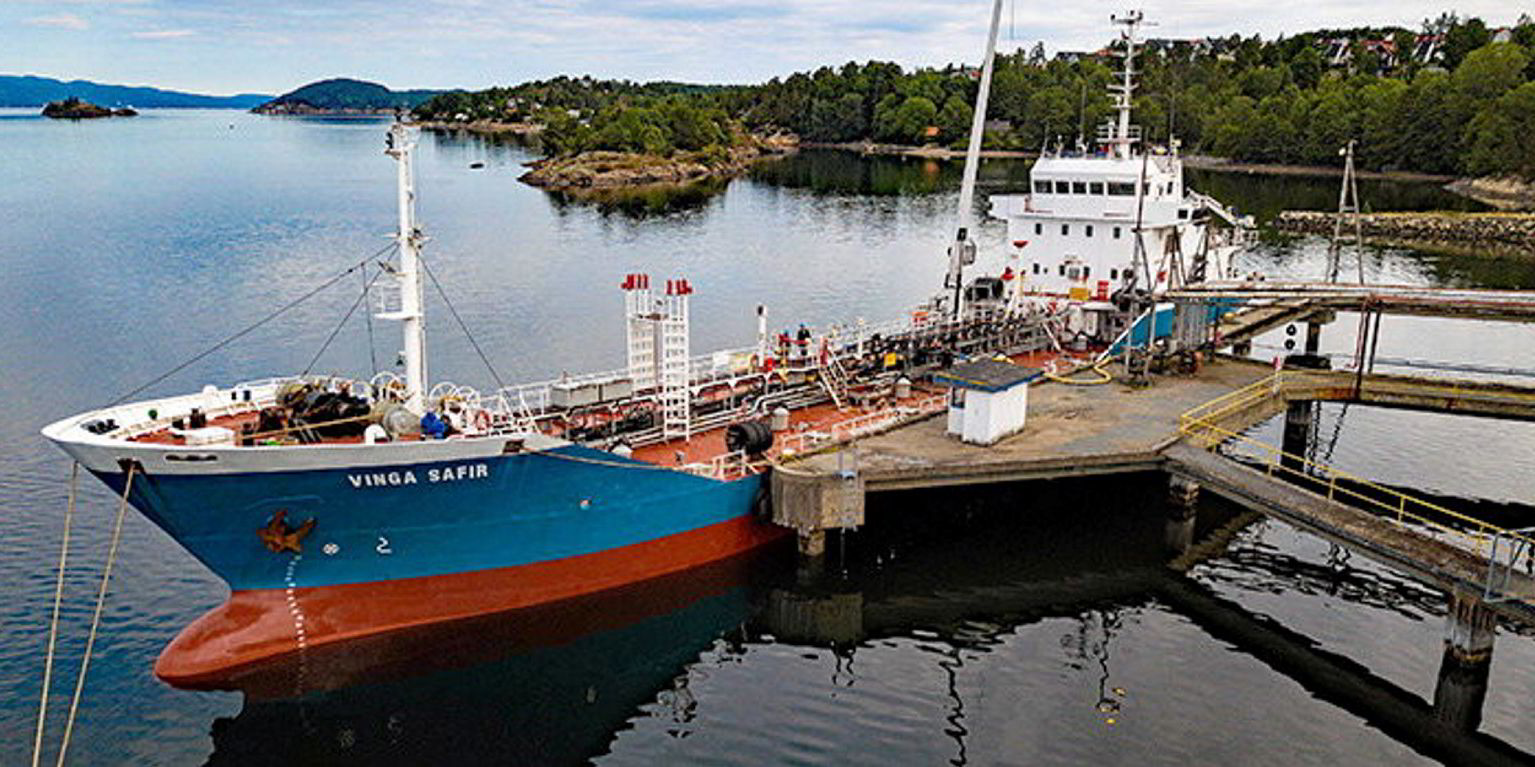Bunker prices have risen to their highest levels in more than a year, but not all shipowners are feeling the same pinch.
Fuel intelligence outfit Ship & Bunker estimated the global average price for very low-sulphur fuel oil (VLSFO) at $564 per tonne on Monday, a 17-month high and up 4.4% over the past month.
Marine gasoil price was assessed at $647 per tonne, the highest since January last year.
Rising fuel bills are hurting tanker owners but do not really affect container lines and bulker operators, shipping experts told TradeWinds.
“Shipowners on the container and dry bulk side are in control. They are the ones that are driving the markets,” said Charles Chasty, an analyst with brokerage Affinity (Shipping).
“They call the shots. When the bunker prices rise, they can demand higher rates along with it.”
Bulker owners are enjoying multi-year high earnings as box rates continue to break records, with both markets supported by strong supply-demand fundamentals.
Meanwhile, spot tanker rates have been their lowest in years due to severe oversupply.
“On the tanker side … if the conversation is higher bunker prices, owners are completely subject to charterers’ will,” Chasty said. “They have every reason to be terrified and sad about it.”
Arthur Richer, senior freight analyst at data firm Vortexa, even observed that tankers owners were steering away from long voyages due to expensive fuel.
“We've been seeing a lot of over-tonnage in regions such as Asia because owners simply don't have the incentive to commit to medium or long-haul trade,” he said.
While tanker owners tend to avoid laying up their ships over fears of losing their Ship Inspection Report Programme certificates, Richier suggested this could be something worth their consideration soon.
“If we're experiencing a dire situation where bunkers become very expensive, they [shipowners] won't be able to commit to those voyages,” he said. “We'll probably see an increase in tankers being idle.”
But tanker charterers historically are willing to absorb incremental fuel costs when bunker prices rise in a weak freight environment, McQuilling Partners commercial director Stefanos Kazantzis said.
“I think owners will get compensated because … they're going to need [that] in order to really continue to operate efficiently,” Kazantzis said.
“Costs will be transferred over to charterers in terms of the increased bunker costs, but that still won't change the outlook on time charter equivalents.”
Sulphur spread
Global average price of high-sulphur fuel oil — the fuel consumed by scrubber-fitted ships — reached $445 per tonne on Monday, the highest since September 2019.
Kazantzis said the price spread between VLSFO and high-sulphur fuel oil will likely be stable, or narrow slightly, due to more steady production of VLSFO.
“Refinery capacity is coming online, whether it's in the Middle East, India or in the West,” he said.
With new European Union emission rules set to come into force in the coming years, Chasty suggested the investment case for scrubbers is now weaker, regardless of the spread.
“A scrubber gets rid of sulphur, but it doesn't get rid of CO2 emissions. In fact, it increases them slightly because it consumes more fuel,” he said.







